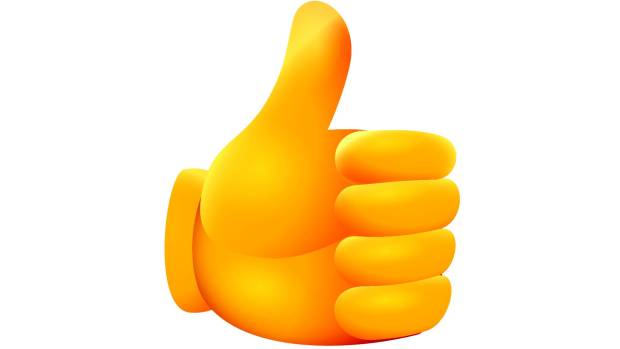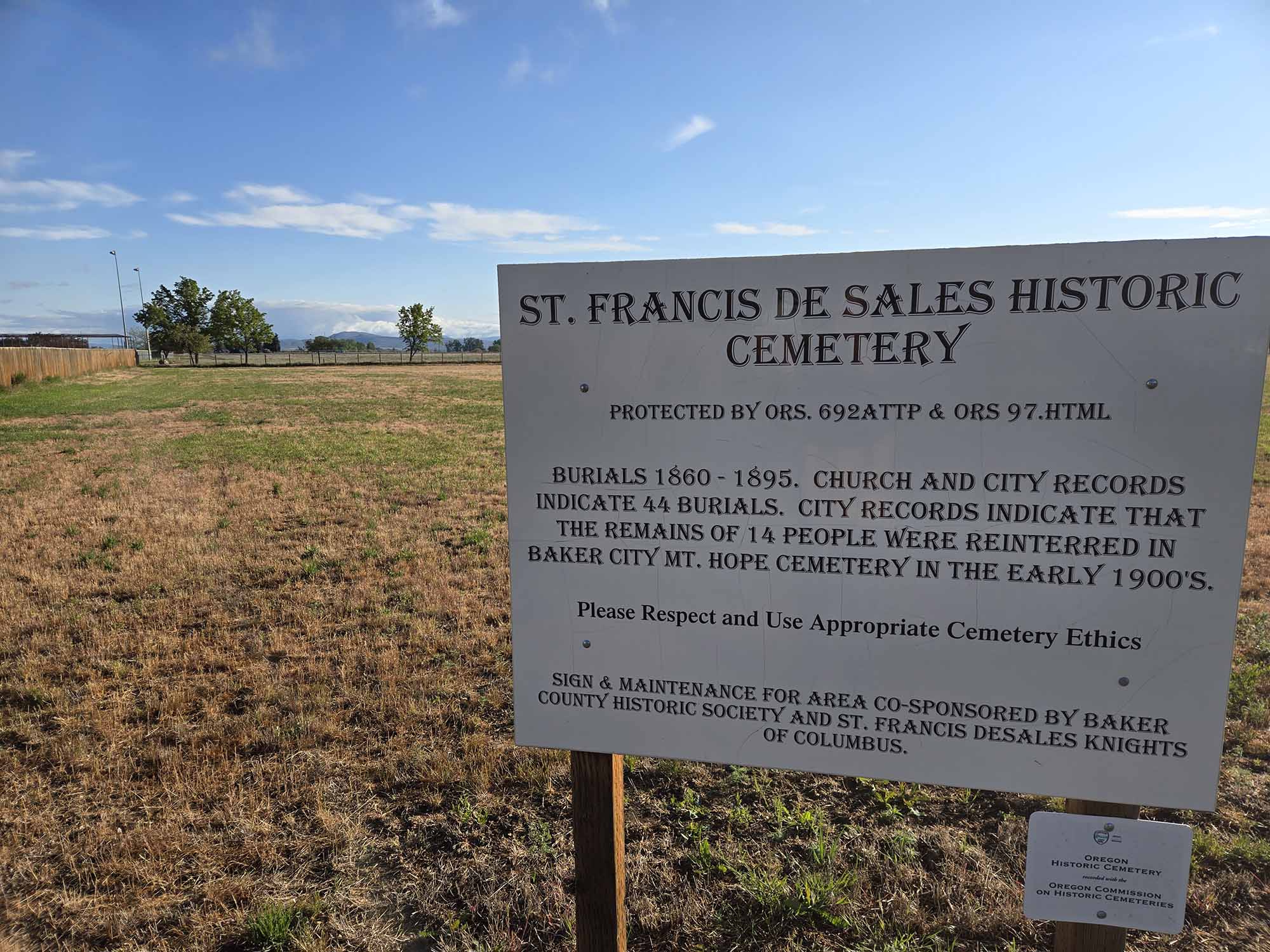How A Single Thumbs-Up Emoji Cost A Farmer Over $60,000
Published 8:53 am Monday, July 10, 2023

- thumbsupemoji_vb_0710
People often say you shouldn’t text anything that you wouldn’t put on the front page of the papers or your grandmother’s dinner table; what someone sees as an offhand comment or inside joke can often come out years later to embarrass or, in extreme examples, even incriminate.
In courts, text messages are often pulled as evidence that someone had motive to commit a crime or break a contract. Texts between White House staffers were one of the first things that authorities pulled to bring felony charges against former President Donald Trump.
DON’T MISS: Stocks: Here Come The Rocket Emojis Again
While this is much more likely to happen with lengthy texts, sometimes all it takes is an emoji. In June, a Canadian court ruled that the ubiquitous thumbs-up emoji can be used to confirm agreement to a contract.
Shutterstock
Be Careful With That Thumbs-Up Emoji
The dispute arose when, in the spring of 2021, Saskatchewan farmer Chris Achter reportedly received an offer to sell 86 metric tons of flax for $17 Canadian dollars ($12.89 USD) a bushel to grain producer Southwest Terminal (SWT).
When SWT did not receive the grain by the end of crop season in November, it went to Achter to ask why it had not been delivered. Achter, in turn, reportedly said that he “simply confirmed that [he] received the flax contract” but did not agree to it.
“I did not have time to review the Flax Contract and merely wanted to indicate that I did receive his text message,” Achter said in his case deposition.
Amid the late time in the year and problems with harvest, the price of flax had by that point risen to $41 Canadian dollars ($30.89 USD) per bushel. SWT took Achter to court and, after reviewing the materials in a lengthy case, the King’s Bench for Saskatchewan concluded that a thumbs-up emoji after a sent contract and “please confirm flax contract” did in fact signal agreement to its terms.
A Non-Traditional Way to Agree
“I am satisfied on the balance of probabilities that Chris okayed or approved the contract just like he had one before except this time he used a thumbs-up emoji,” Judge J. T. Keene wrote in the June ruling.
As a result, Achter was ordered to pay $82,000 Canadian dollars (approximately $61,779 USD) for damages over a broken contract. The summary judgment released by the court featured the emoji 24 times and called coming to it “a far-flung search for the equivalent of the Rosetta Stone in cases from Israel, New York State and some tribunals in Canada.”
The judge also turned to the Dictionary.com definition which says that the “thumbs-up emoji is used to express assent, approval, or encouragement in digital communications.”
The case was instantly picked up by both local Canadian and international media for its potential implications — in the ruling itself, Keene wrote that the “tide of technology and common usage” is creating a “new reality in Canadian society” that will soon leave more judges to decipher whether sending it signals agreement to a contract under given circumstances.
“A 👍 is a non-traditional means to ‘sign’ a document but nevertheless under these circumstances this was a valid way to convey Achter’s acceptance of the flax contract,” the judge concluded.





